---------------------------------------------------------
Anytime you can practice gardening without harmful chemicals and synthetic fertilizers your garden will thank you for it. The most successful gardens are the ones that follow the cues of nature rather than trying to fight against it. Once you start to introduce non-natural elements you often times end up struggling in other areas (like if you use insect killer but it also kills all the pollinators or if you over use fertilizer and just end up with a big leafy plant and no fruit).
Check out my top 15 tips for cultivating & maintaining an organic garden!
#1 – Companion Planting
A great way to help control insects and to fix your soil is to practice companion planting. For example bean vines attract spiders that can hunt earwigs and other bugs that would like to eat your corn. Calendula attracts a wide range of pollinators that squash plants will appreciate. Beans add nitrogen to the soil and tomatoes are heavy nitrogen feeders. Click here to read more about companion planting
#2 – Rotate Crops Annually
Rotating where you plant your vegetable varieties each year provides natural disease protection and can also work to fix soil excesses & deficiencies. Many diseases can overwinter in the soil and will affect plants from similar “families”. Two common plant families found in backyard gardens are nightshade plants (tomatoes, potatoes, eggplant, & peppers) and squash plants (squash, pumpkins, cucumbers). There are several diseases that spread through plant families that can be avoided by simply rotating where you plant them each year.
Another reason to practice crop rotation is the right plants could “fix” your soil. If you plant something like beans in an area that previously grew tomatoes, the beans can replenish some of the nitrogen taken up by the hungry tomatoes. click here to learn more about crop rotation
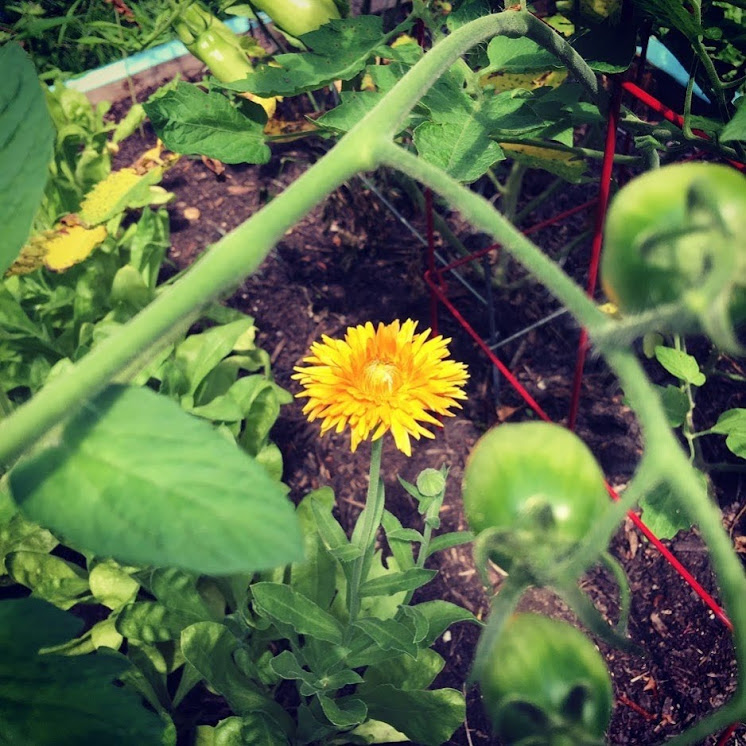
#3 – Water early in the morning
Watering before 9 AM when the sun is not high in the sky can conserve water as it won’t evaporate as quickly. The water will have time to work its way into the soil while still giving the sun time to dry out the leaves, preventing fungal diseases like powdery mildew. Soaker hoses are ideal when possible because they deliver the water directly to the soil without waste and without getting the leaves wet. Water your plants deeply a couple of times per week vs light watering every day. Light watering encourages shallow root systems which in turn develops weaker plants.
#4 – Attract beneficial bugs
Pests can be some of the more annoying aspects of gardening. But not all bugs are bad! Ladybugs love to eat aphids & mealybugs. Bees & butterflies pollinate your plants for bigger harvests. Spiders trap & eat a huge variety of garden damaging pests and they aren’t interested in eating your vegetables. Earthworms aerate the soil & leave behind nutrient-rich castings. A healthy garden should be alive with a lot more than just plants! Flowers like Black Eyed Susan, Sunflower, Calendula, Nasturtium, Coneflowers, and Daisies are beautiful additions to the garden and they will attract a host of beneficial bugs. You can also order bugs like earthworms & ladybugs from garden supply stores.
#5 – Crushed Eggshells
Eggshells are great for tossing in the compost, but you can also use them right in the garden. Toss some crushed eggshells in the hole while planting tomatoes & peppers. The calcium in the shells will give these plants the calcium boost they need, preventing blossom end rot. Coarsely crushed shells with their sharp edges can help deter snails & slugs from your herbs, lettuce, and strawberries. Just be sure to wash your eggshells first, unwashed they could attract rodents.
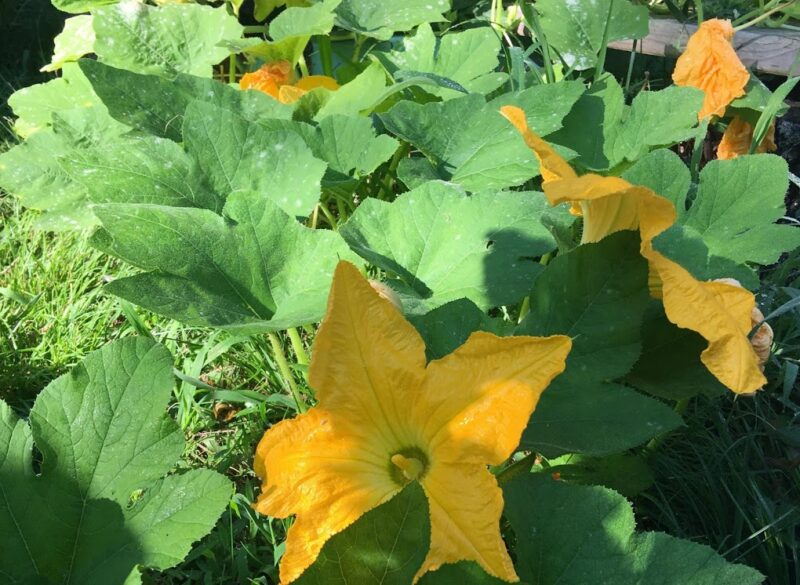
#6 – Make compost or manure tea for fertilizer
Instead of commercial liquid fertilizers, make your own natural fertilizer using compost or manure. Click here to learn how
#7 – Recycled row covers & greenhouses
Instead of buying row covers or costly greenhouses, reuse plastic bottles like milk jugs to protect fragile plants early in the season
#8 – Properly maintain your compost pile
Having a compost pile might be the most important & useful thing you can do as a gardener. You get to cut down on household trash and turn that trash into valuable food for your garden. But if your pile isn’t properly maintained it can attract disease or rodents. Click here to read more about composting. Compost needs time to stabilize in the soil, plan to add compost about 3 weeks before planting
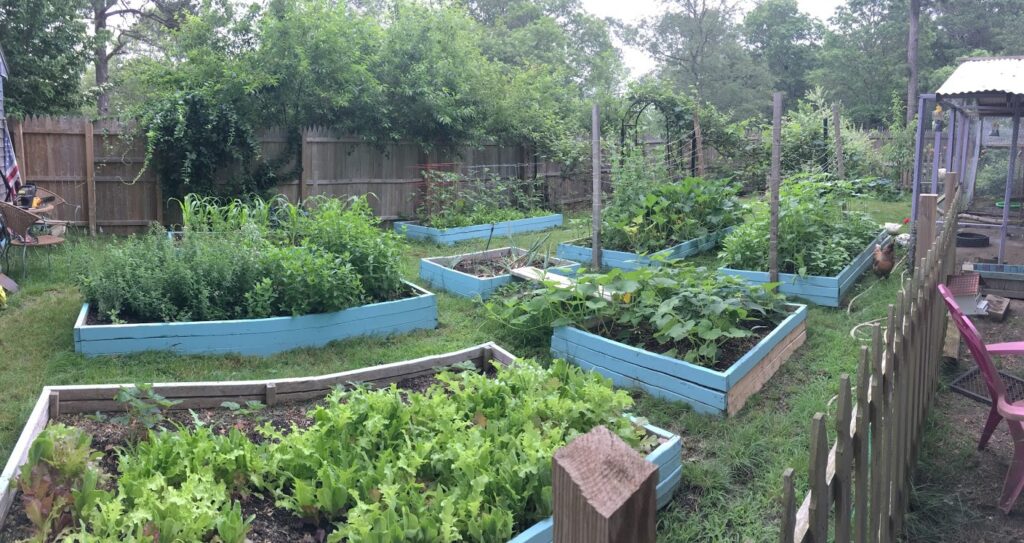
#9 – Use natural pest control
When predator bugs fail to provide enough protection, try these suggestions. Sprinkle food grade Diatomaceous Earth (also called DE for short) around plants for natural insecticide. Made from fossilized plankton and ground to a fine powder, it is particularly helpful with aphids, slugs, snails, earwigs, and ants. Coffee grounds will keep some pests away with the smell, and can also be used as a barrier against slugs & snails. Coffee grounds have the added benefit of enriching the soil.
Neem oil can often be found in convenient spray bottles and is an effective deterrent against tomato hornworms, aphids, mealybugs, cabbage worms, mites, gnats, and more. The nice part about neem oil as pest control is it only kills the leaf-eating bugs that are attacking your garden. It won’t harm the spiders, worms, & bees. Neem oil can also be used as a natural treatment for powdery mildew, blight, and rust thanks to its natural fungicide properties. I love to use it on my fruit trees to protect them from the caterpillars that can decimate an orchard in the spring. click here to read more about using neem oil in the garden
#10 – Cultivate healthy soil
Build up your soil to encourage beneficial microbes, soil microorganisms, and earthworms. Healthy soil equals healthy plants. Healthy plants are better able to resist pests and disease and produce bigger harvests. Get in the habit of testing your soil every year to see what nutrients are lacking. Click here to learn more about at-home soil testing. Make sure your soil stays light by not walking in your planting area. Walking in your garden soil compresses it, making it harder for roots to grow. Mixing in soil amendments like vermiculite can help with nutrient retention & soil aeration, and peat moss can help with water retention to help further build quality soil.
#11 – Weed your garden often
Once weeds are allowed to flower, the seeds get in your soil and create a mess for years to come. Large weed root systems can also disrupt your vegetable’s roots and will compete for nutrients. Don’t compost flowering weeds or else the seeds will end up in your compost. Pulling weeds when they are small is not only easier but makes it easier to avoid chemical weed killers which should not be used around your vegetable garden.
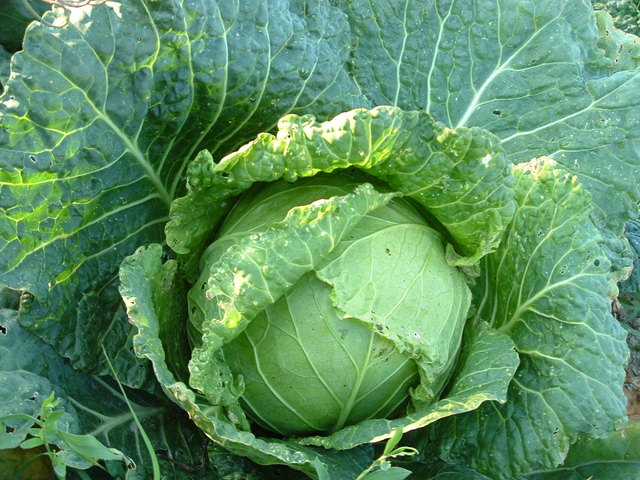
#12 – Proper pruning for your perennial plants & trees
When growing perennial plants and fruit or nut trees do your research on the best time of year to prune them and the best pruning methods. Many fruit trees need vigorous pruning in the spring in order to produce the best harvests. click here to read more about growing fruit trees
#13 – Mulch around plants
A nice layer of mulch around your plants can help to conserve water by limiting evaporation & can also prevent weeds. There are plenty of options for inexpensive, natural mulch in your vegetable garden – leaves, compost, hay, straw, grass clippings, or shredded newspaper.
#14 – Set up a rain barrel
Anytime you can conserve water while gardening you should do so. A simple rain barrel system can be made, or you can opt to purchase one already assembled.
#15 – Know your garden zone
Knowing what you can grow and how long you have to grow it is one of the most important factors in gardening success! The bonus is that it is easy and free. In the US, simply go to the USDA’s website (link here) and enter your zip code. Now that you know your garden zone, use this to pick out plants that will appropriately grow in your climate. Trying to grow tropical plants in New England is only going to frustrate you!
Another important thing to know is how long your gardening season is. You can also look this up online – click here for the Farmer’s Almanac calculator. Information on germination and harvest timelines as well as recommended growing zones can be found on the back of the seed packet or plant ID tag.
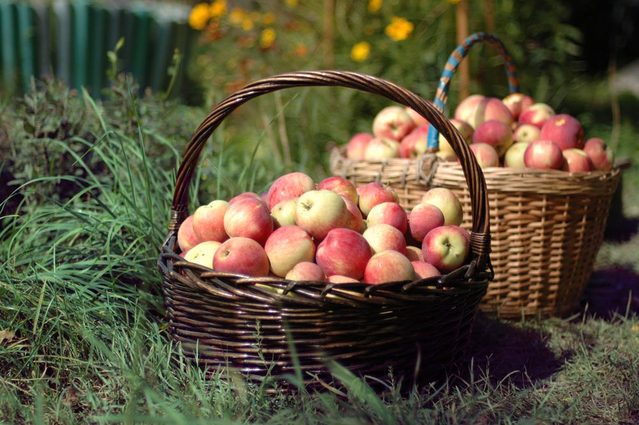
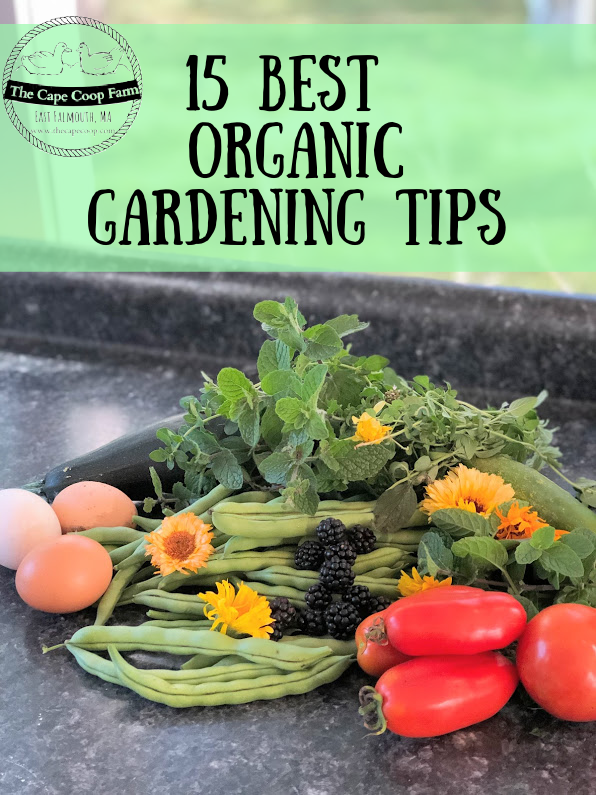

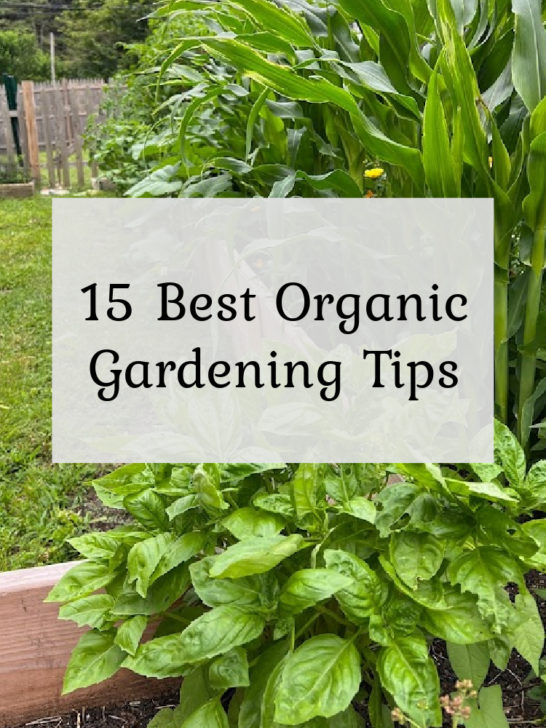

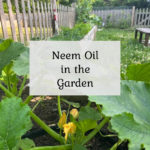
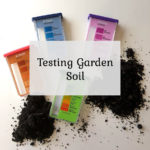
Jennifer Dynys
Wednesday 16th of September 2020
Hey there! Thank you for visiting my blog through your blog hop! Your blog is adorable! If you take the time to link up with other blogs, I would love for you to join Cherelle and me on Fridays for Embracing Home and Family link party! 10:00 am central time.
Liz
Thursday 17th of September 2020
thanks Jennifer!